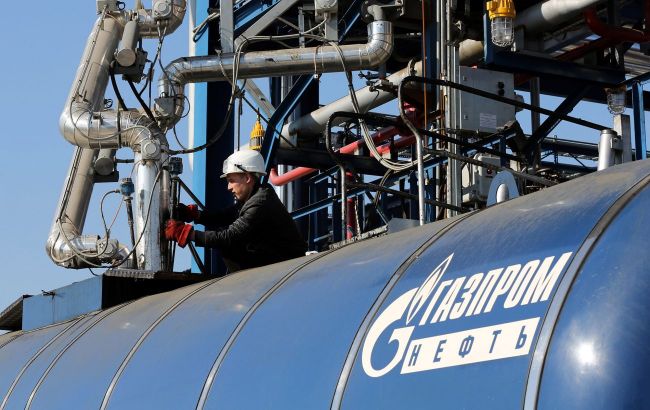Oil export sanctions pose a threat to the Russian regime, expert says
 Photo: An expert assesses the effectiveness of sanctions against Russian oil exports (Getty Images)
Photo: An expert assesses the effectiveness of sanctions against Russian oil exports (Getty Images)
The Russian government relies mainly on profits from the export of raw materials, particularly oil, making sanctions against this industry an effective tool, according to the RBC-Ukraine article How much Putin pays for the war in Ukraine as the West adds pressure on Russia's economy.
“This is a long-awaited package. We have been saying for two years that we need to strengthen control over compliance with the price cap and fight the shadow fleet,” Volodymyr Dubrovskyi, senior economist at the Center for Social and Economic Research CASE Ukraine, told RBC-Ukraine.
Sanctions against specific tankers are a very effective tool, as it will be difficult and quite expensive for Russia to buy new vessels. The Europeans are already talking about the need to impose sanctions on tankers transporting Russian liquefied natural gas.
According to the expert, the next step should be a ban on the passage of tankers carrying Russian oil without proper insurance through the Danish straits that connect the Baltic and North Seas. Through this route, Russia exports about 60% of its oil to the world market.
Sanctions against the transportation of Russian oil through the Baltic and North Seas are a more likely scenario compared to countering oil exports through the Turkish Bosporus and Dardanelles or ports in the Pacific Ocean.
“The Russian vertical of power is based on raw material rents, mostly rents from oil exports. Most oil exports are carried out by sea. If we want to create threats to the regime, this (expanding sanctions against the maritime transportation of crude oil - ed.) is the most effective way to add problems to the Russian economy,” Dubrovskyi said.
EU, US sanctions against Russia
In December 2024, the EU adopted the 15th package of sanctions against Russia, targeting the shadow fleet and the Russian energy sector. According to media reports, the European Union will start preparing a new package this week.
Last week the United States imposed new sanctions against the Russian energy sector. The list includes more than 30 Russian oilfield service companies. The restrictions were aimed at two major Russian oil producers - Gazprom Neft and Surgutneftegaz.
Similar sanctions against Russian oil companies have been imposed by the UK.

